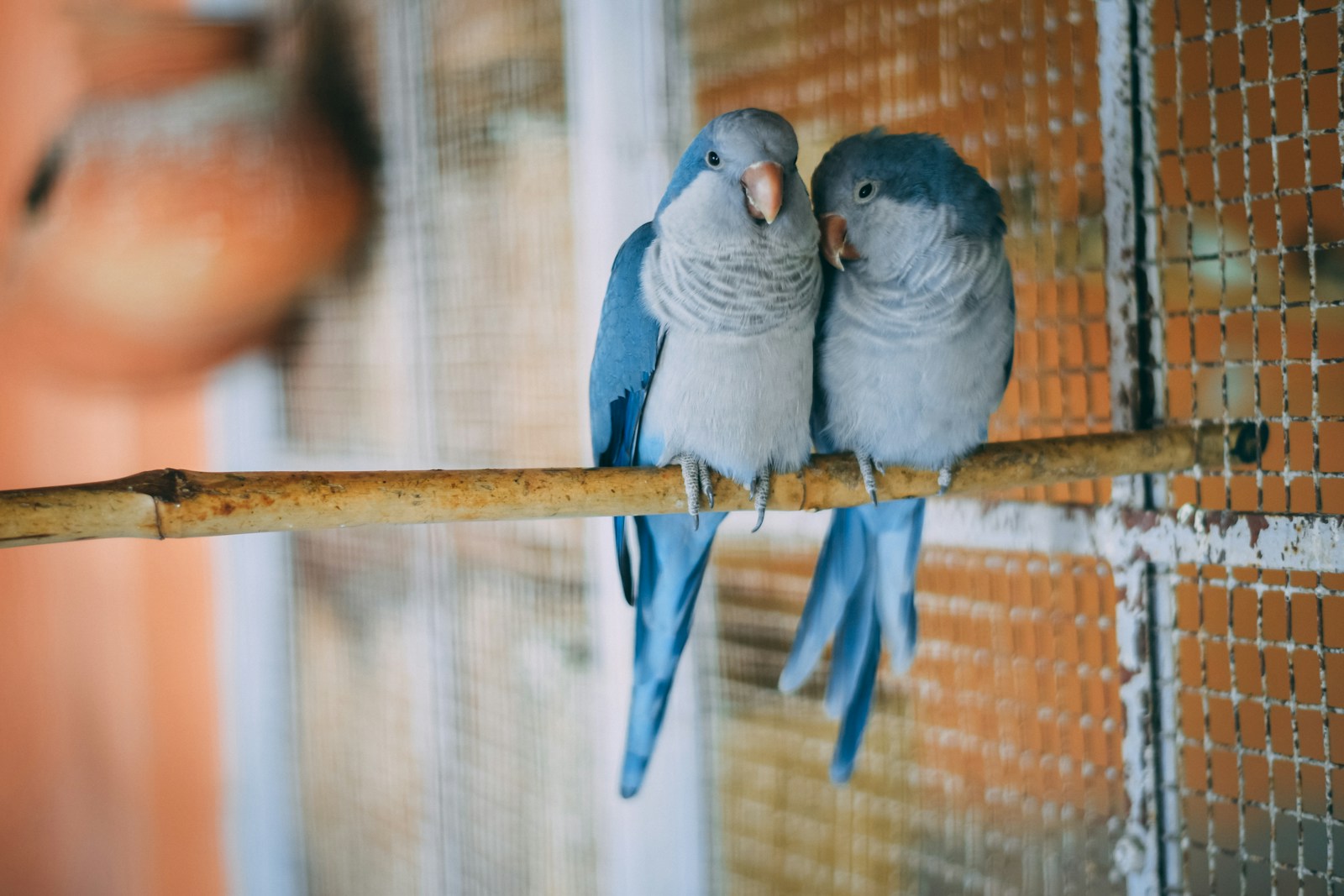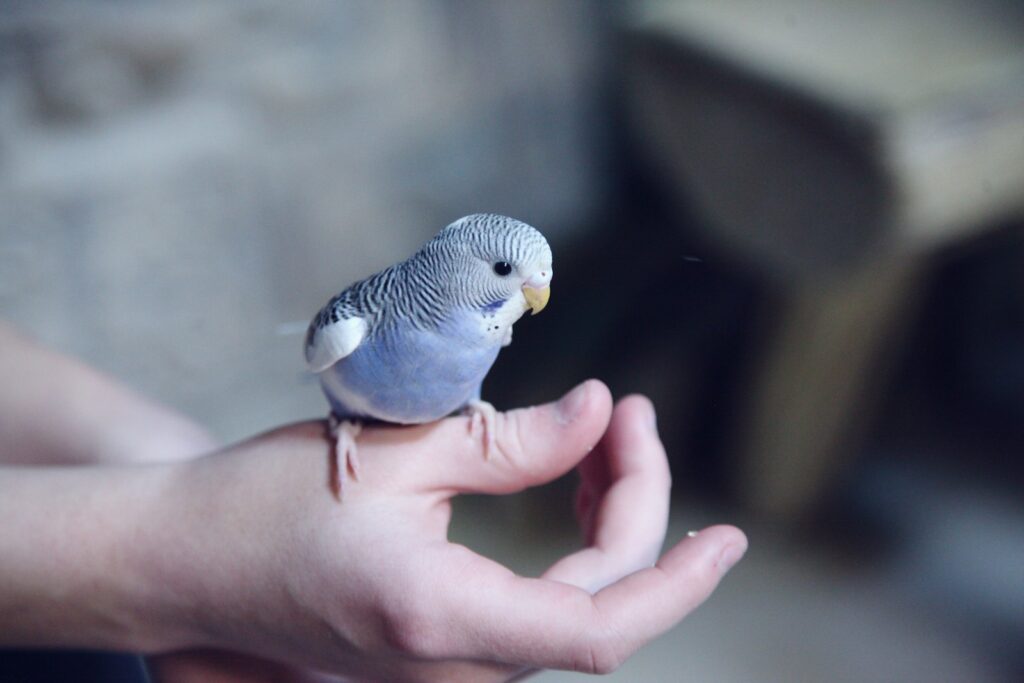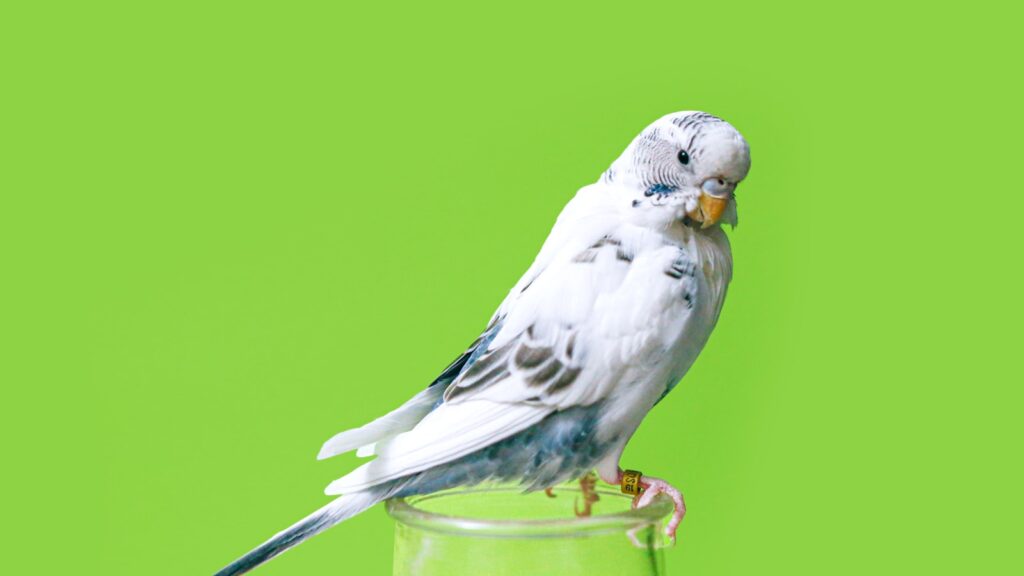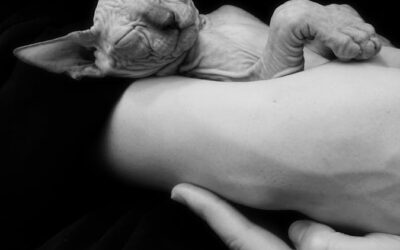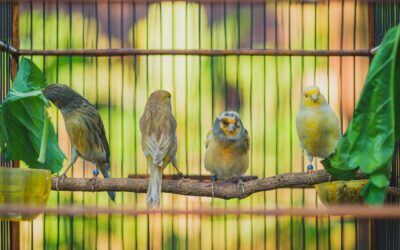Adding a pet bird to your home can be an incredibly rewarding experience. Birds are intelligent, charming, and full of personality, making them excellent companions for the right owner.
However, with so many bird species to choose from, finding the best pet bird for you can feel overwhelming. Understanding the different types of birds and their physical characteristics can help you narrow down your choices and select a pet that fits your lifestyle.
Whether you’re a first-time bird owner or looking to expand your flock, this guide will introduce you to some of the best pet birds, their unique traits, and how to care for your new feathered friend.
Why Choose a Pet Bird
Owning a pet bird can be a rewarding and enriching experience for individuals and families. Here are some of the key benefits of welcoming a feathered friend into your home:
[divilifeshortcode id='7986']
Companionship
Pet birds are highly social creatures that form strong bonds with their owners. Many pet birds are considered friendly birds, known for their gentle and approachable nature, making them ideal companions.
Many species enjoy interacting and even talking or mimicking sounds, providing endless hours of companionship and entertainment. Birds often become part of the family, offering a unique and joyful presence in your home.
Low Maintenance Pets
Compared to larger pets such as dogs or cats, birds are relatively low-maintenance. They require a clean cage, fresh food and water, and some daily interaction, making them a great choice for those with busy lifestyles.
Many pet birds are not overly demanding of their owners, and some species are not considered overly demanding, making them suitable for people with limited time. Birds don’t need frequent baths or outdoor walks, and many species can thrive even in small spaces while outdoor birds need to be out in nature.
Longevity
Some bird species, like parrots or cockatiels, have impressive lifespans. This makes them ideal for individuals looking for a long-term companion. A bird’s extended life can create deep and lasting connections that bring joy for many years.
Educational Value
Pet birds are intelligent animals capable of learning tricks, commands, and even speech in some species. Training and bonding with your bird can be an educational experience for children, teaching them responsibility and compassion while also sparking curiosity about the natural world.
Emotional Health
Studies have shown that interacting with pets can reduce stress, anxiety, and loneliness. Birds, with their cheerful songs and playful antics, have a unique ability to lift spirits and create a positive atmosphere in a home.
Minimal Space Requirements
For those living in apartments or smaller homes, pet birds are an excellent choice. Their cages can be comfortably accommodated in compact living spaces, and they don’t need large areas to roam compared to other pets.
A Splash of Color and Activity
Birds come in a variety of vibrant colors and unique patterns, bringing a touch of nature’s beauty into your house. Their active and curious behavior is also a constant source of energy and fascination, making them delightful to watch. Many pet birds are considered lovely birds, admired for their beauty and charming personalities.
Having a pet bird is a decision that comes with numerous benefits, both practical and emotional. With the proper care, your avian companion can become a cherished member of your household, offering joy and friendship for years to come.
The Best Type Of Birds for Every Type of Owner
Here are some of the most popular and easy-to-care-for pet bird species to consider, whether you’re looking for colorful plumage, intelligent species, or incredibly gentle companions.
The parrot family includes a wide range of parrot species, each with unique traits and care needs, while other birds like canaries and doves offer different temperaments and requirements. Some of these are considered the easiest pet birds for beginners, making them ideal choices for first-time owners.
1. Budgerigars (Budgies)
Also known as budgies, these delightful birds are one of the easiest pet birds to care for. A pet budgie is a small, friendly, and trainable bird, making it a popular choice for first-time bird owners.
This bird species generally make a great choice for first-time bird owners. With their colorful plumage, friendly demeanor, and ability to mimic sounds, budgies are charming species that love to interact with their owners.
- Size: Tiny birds, typically 7 inches long.
- Lifespan: 10–15 years.
- Care Tips: Provide a large flight cage with cage bars spaced closely together for safety. These active little birds thrive on interaction and mental stimulation, so offer toys and a variety of perches.
2. Cockatiels
Known for their yellow and white accents and charming whistles, pet cockatiels are lovely pets that enjoy socializing with their owners.
They are intelligent birds with a sweet disposition, making them a popular choice for families. Female cockatiels are as gentle as they come, and males are especially good at mimicking sounds in their environment, such as phones, alarms, and even outdoor birds.
- Size: Medium-sized birds with a completely vertical crest or a flattened head crest. The crest on a cockatiel’s head is a key indicator of the bird’s emotional state, signaling if the bird is fearful, angry, startled, or excited. Female cockatiels are often completely gray, lacking the yellow and white accents seen in males.
- Lifespan: 15–25 years.
- Care Tips: Ensure they have a huge cage to spread their wings and provide plenty of social interaction to keep them well-socialized.
3. African Grey Parrots
African greys, with their predominantly gray feathers accented by a maroon tail, are among the most intelligent bird species. These talking birds are famous for their ability to mimic sounds and even understand context, forming an enduring and deep friendship with their owners.
- Size: Larger parrots, measuring 12–14 inches.
- Lifespan: 40–60 years.
- Care Tips: Due to their intelligence, African grey parrots need mental stimulation, such as puzzle toys and training. A huge cage is essential, and they thrive in households where they can be part of the action.
4. Canaries
Canaries are delightful birds with colorful plumage and are best known for their beautiful singing. Canaries typically weigh less than 1 ounce, making them suitable for beginners due to their small size. They come in a variety of colors, including bright orange, yellow, green, and brown.
The male canary is the only one that sings, while females are quieter, making the male canary one of the best pets for those who love to hear singing birds. Canaries are considered lovely birds for their beauty and charming personalities, and compared to other birds, they are more delicate and less handleable.
- Size: Little birds, typically 5 inches long.
- Lifespan: 10–15 years.
- Care Tips: Canaries typically live happily in a relatively easy-to-care-for setup. Ensure their cage has enough space for flying, and offer various perches to keep them engaged.
5. Ring Necked Doves
For those seeking incredibly gentle and calm avian pets, the ring necked pet dove is an excellent choice. Unlike parrots, these birds are easygoing and relatively low-maintenance, making them perfect companions for small homes or apartments.
Doves make excellent domestic pets due to their gentle nature and ease of care. They are not demanding of their owners and are suitable for people with busy schedules.
- Size: Medium-sized birds. Most dove species weigh between 120–180 grams, with a slender build and soft, rounded features.
- Lifespan: 10–15 years.
- Physical Features: Many doves have dull gray feathers, which is a typical and natural coloration. The pied ring necked variety is a popular color mutation, featuring unique patterns and markings.
- Care Tips: They prefer a quiet and calm environment with a secure cage. A huge cage is essential for doves because they cannot climb cage bars and need ample space to fly between perches. These birds are easy to tame and enjoy gentle handling when well socialized.
6. Green Cheeked Conures
The green cheeked conure is an intelligent species capable of forming deep bonds with their owners. Known for their playful personalities and affectionate nature, they’re perfect for those looking for cuddly birds. The green cheeked conure is recognized for its gray head and breast, which distinguishes it from other conures.
- Size: Medium-sized parrots with blue tipped wings.
- Lifespan: 20–30 years.
- Care Tips: Provide a large cage with toys and plenty of opportunities for interactive play. These social birds require daily attention to stay happy and healthy.
While green cheeked conures are not known for talking, they are a charming species nonetheless, loved for their playful and affectionate personalities.
Tips for New Bird Owners
Starting your bird ownership journey is exciting, but it’s essential to set up your home and routine to meet a pet bird’s needs. Here are a few tricks to make the process easier:
- Choose a Reputable Breeder or Bird Store: A reputable breeder will provide well socialized birds accustomed to human interaction, ensuring an easier transition into your home.
- Invest in the Right Cage: Whether you have tiny birds or larger parrots, a huge cage is essential to provide space for exercise and enrichment. Be sure to choose cage bars with appropriate spacing for the size of the bird.
- Focus on Diet: A balanced diet of seeds, pellets, fruits, and vegetables will support your bird’s health and vibrant plumage.
- Socialize Your Bird: Spend time with your feathered friend daily to strengthen your bond and prevent unwanted behaviors.
- Understand Your Bird’s Emotional State: Birds are highly sensitive to their environment. Changes in behavior, such as feather plucking, can indicate stress or discomfort.
Essentials for Getting Started with a Pet Bird
Before bringing a pet bird into your home, it’s important to gather all the necessary items to create a happy and healthy environment for your new feathered friend. Here’s a list of essentials and their purposes:
Cage
The cage is your bird’s primary home, so it’s crucial to choose one that is spacious enough for your bird to move freely, spread its wings, and play. Look for a cage with sturdy bars, a secure lock, and enough space to include perches, toys, and feeding dishes. The size of the cage must match the size and activity level of the bird species you’re planning to own.
Perches
Perches provide a place for your bird to rest, exercise its feet, and explore its surroundings. Include a variety of perches made from different materials, such as natural wood and rope, to promote foot health and prevent boredom.
Food and Water Dishes
High-quality, easy-to-clean food and water dishes are essential. Many birds require a varied diet, so you should have separate dishes for seeds, pellets, fresh fruits, and vegetables.
Nutritional Food
A balanced diet is critical for keeping your bird healthy. This often includes high-quality bird pellets, fresh produce, and occasional treats like seeds or nuts. Research your specific bird species to understand its nutritional needs.
Toys
Birds are intelligent creatures that thrive on mental stimulation. Provide a variety of toys, such as bells, mirrors, swings, and puzzle feeders, to keep your bird engaged and entertained. Rotate toys periodically to maintain interest.
Cage Liners and Cleaning Supplies
Cage liners, such as newspaper or bird-safe materials, help keep the cage clean and hygienic. You’ll also need cleaning supplies that are safe for birds to sanitize the cage and surrounding area regularly.
Bird-Safe Environment
Ensure your home is safe for your bird by removing potential hazards like toxic plants, non-stick cookware, and open windows. Birds are sensitive to fumes and chemicals, so maintaining a clean and bird-safe environment is essential.
Avian Vet Contact
Locate a qualified avian veterinarian ahead of time for regular check-ups and in case of emergencies. Birds can mask signs of illness, so having a knowledgeable vet is vital for their health.
By having all these essentials ready, you can make the transition for your new pet bird smooth and comfortable while fostering a strong, loving bond.
Kates K9 offers small pet car- including pet birds. Visit us today!

Finding Your Perfect Feathered Friend | Best Pet Birds
Selecting the best pet bird for your lifestyle depends on your preferences, household setup, and ability to meet their needs. Whether you choose a cheerful budgie, a cuddly cockatiel, or an intelligent African grey parrot, your feathered friend will bring joy and companionship for years to come.
For those seeking a truly impressive companion, the mighty hyacinth macaw stands out as the largest member of the parrot family. Known for its solid blue plumage and affectionate nature, the hyacinth macaw is a gentle giant that thrives on social interaction.
Hyacinth macaws require experienced owners, a large living space, and their species info weight and care needs are greater than most other parrot species. Lovebirds, on the other hand, are famous for bonding closely with their human flock, forming strong social attachments with their caretakers. When choosing among other parrot species, be sure to consider differences in temperament, size, and care requirements to find the best fit for your home.
If you’re ready to explore the world of bird ownership, visit your local bird store or connect with a reputable breeder today. Don’t forget to share your bird’s story with the community of bird enthusiasts who love helping others experience the magic of having a pet bird belonging in their home.
